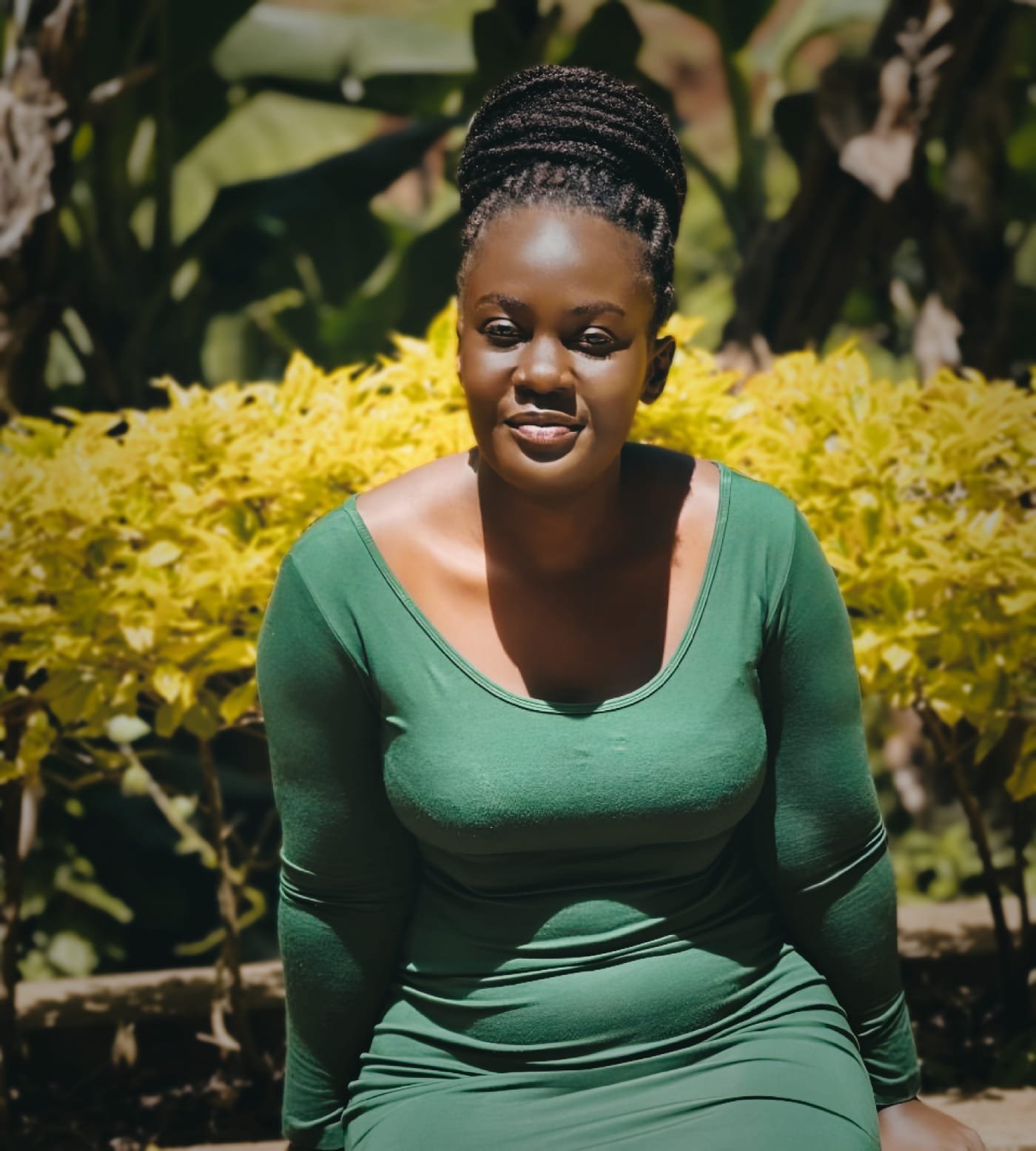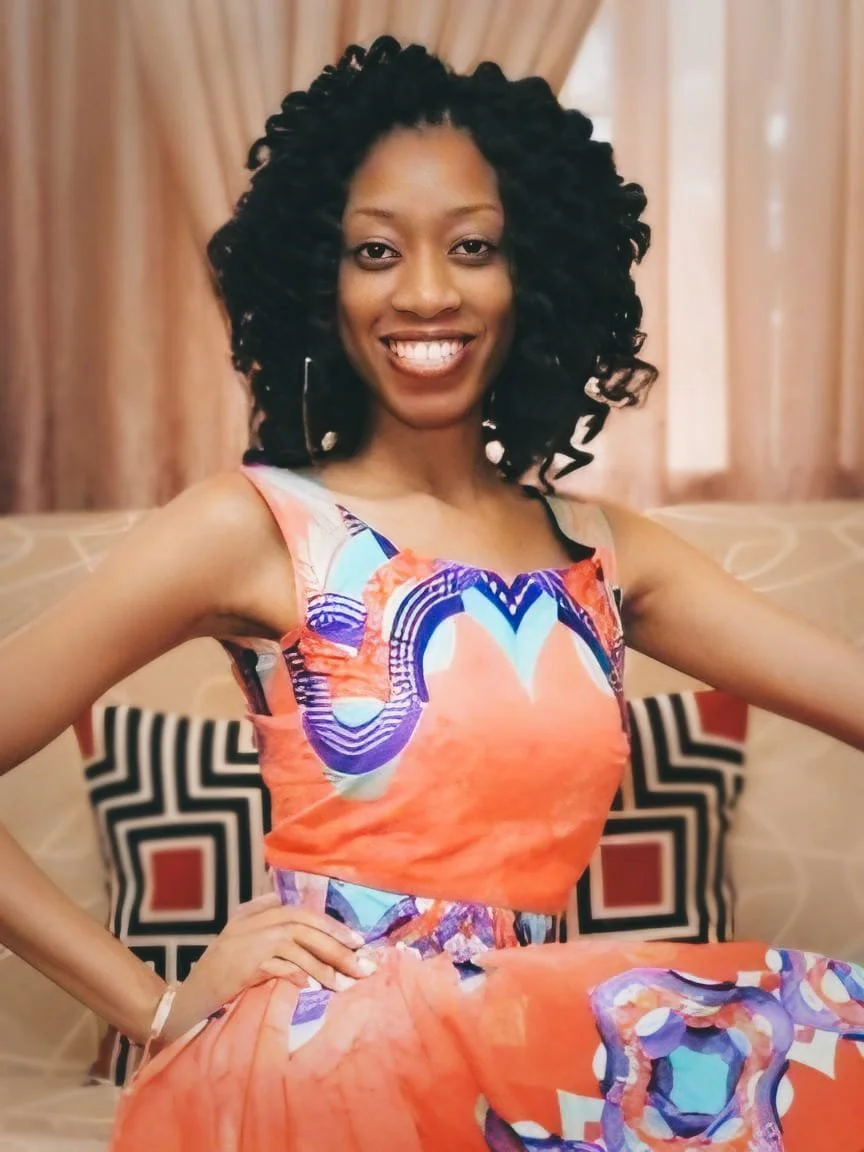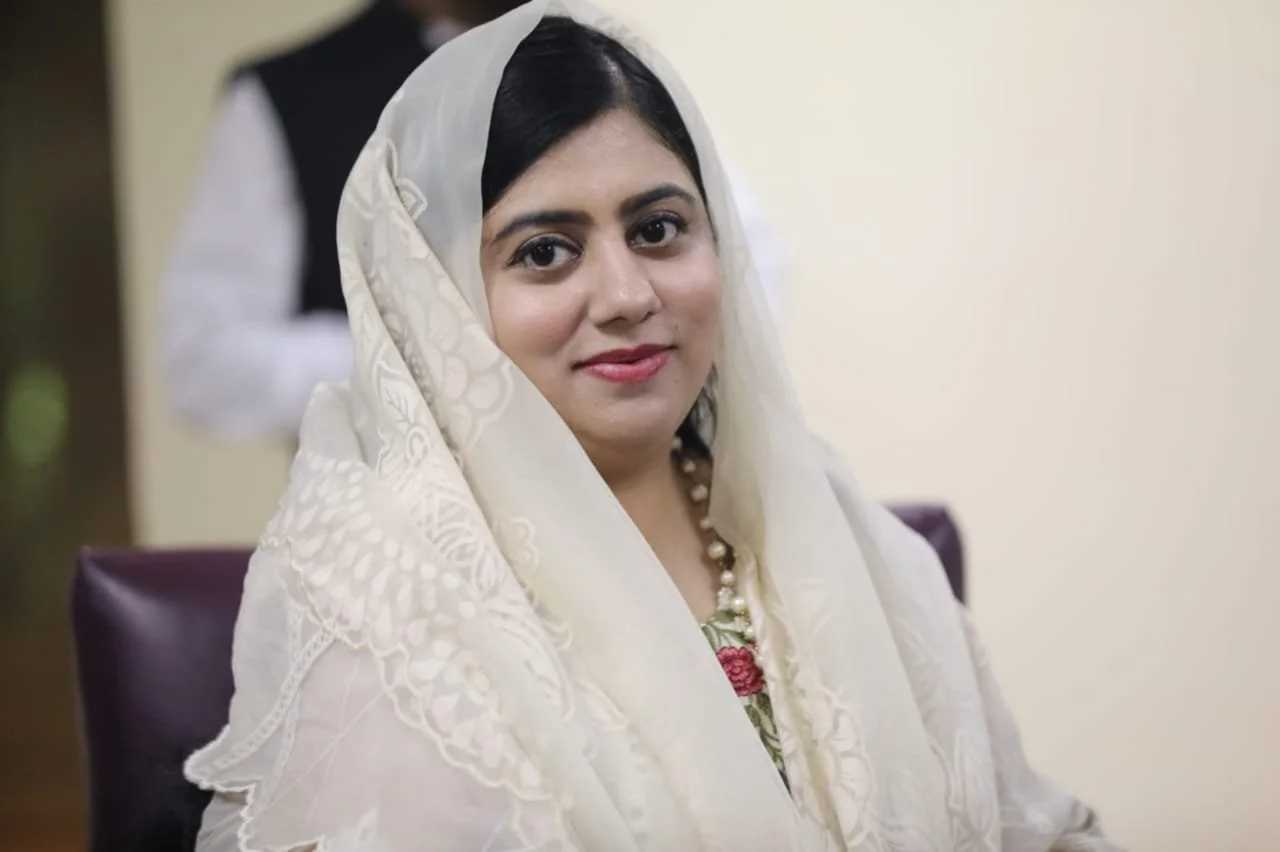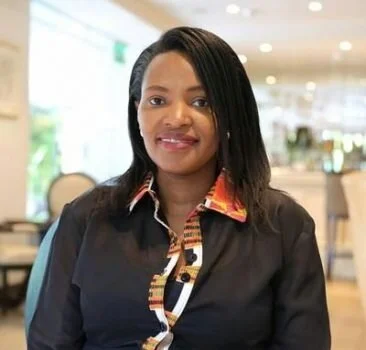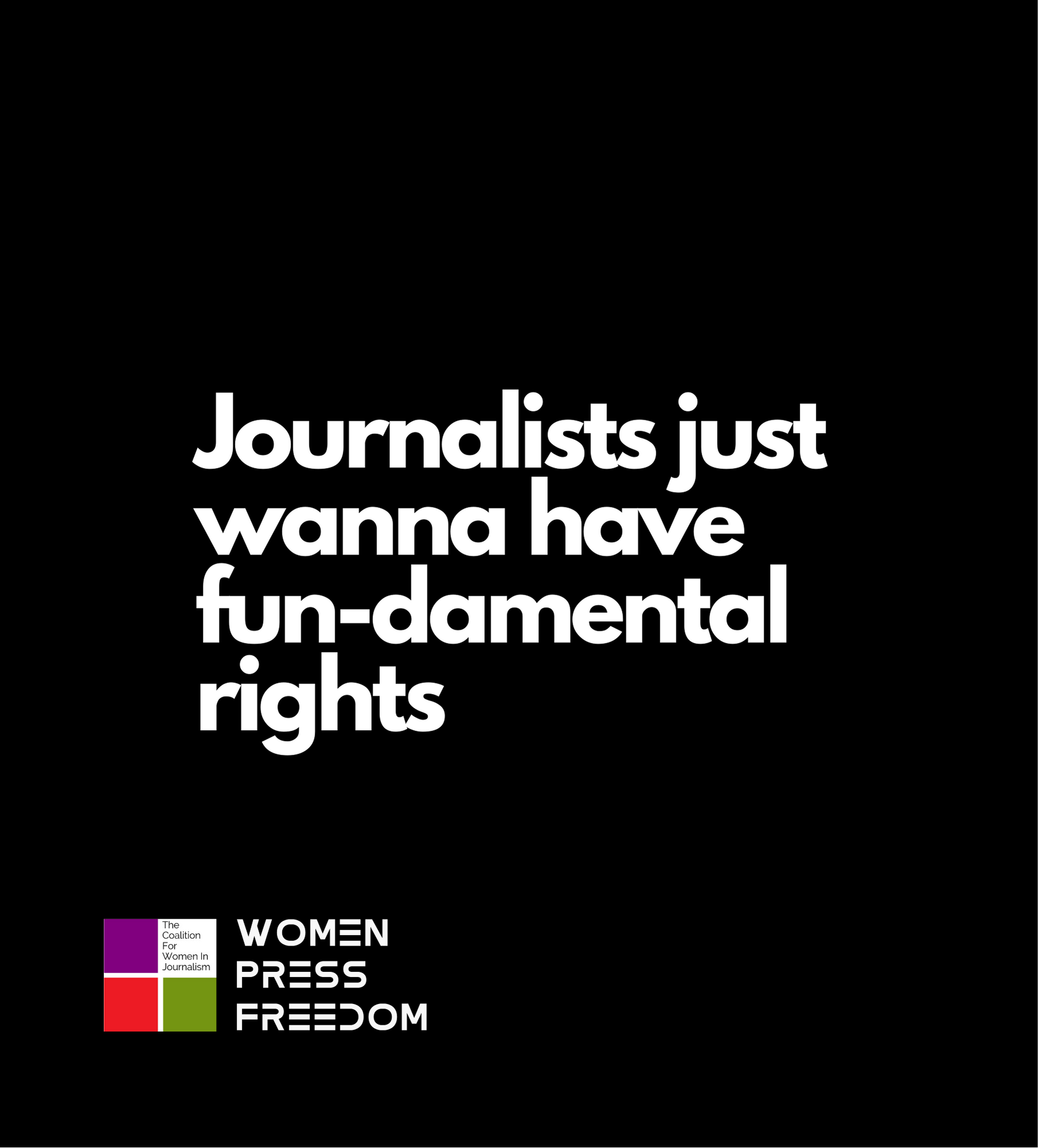Kenya: Women Press Freedom Stands with Najma Hussein, Ramla Abubakar, and Yasmin Mohamed Against Cultural and Gender-Based Harassment
Somali women journalists in Kenya face discrimination and harassment for simply doing their job
Location: Kenya, Nairobi
Date: July 9, 2024Women Press Freedom unequivocally stands with Najma Hussein, Ramla Abubakar, and Yasmin Mohamed, and other Somali women journalists in Kenya who face deeply entrenched cultural and gender-based challenges. Cultural norms and societal expectations often hinder their ability to perform their jobs effectively. The harmful narratives and actions aimed at these women journalists, such as the sharing of intimate images without consent and the dissemination of private information, are severe violations of privacy and dignity. These actions not only harm the individuals targeted but also contribute to a culture of fear and silence, discouraging women from pursuing careers in journalism and public life. Women Press Freedom calls for immediate and sustained action to de-normalize toxic narratives and behaviors that perpetuate inequality and violence against women. We urge media organizations, policymakers, and community leaders to support initiatives that protect female journalists, promote gender equality, and ensure that women can safely and freely participate in media and public discourse.
"We've had situations where men switch off radios upon hearing a female voice,” Najma Hussein, a Somali journalist from Kenya, says about the profound and multifaceted challenges she faces as a woman in journalism. “ I only do a weekly radio show for women, and it's rare for a man to call and contribute to family topics,” she adds.
Somali women journalists encounter unique obstacles that their male counterparts often do not face. Cultural biases and societal norms significantly hinder their ability to perform their duties. News sources and religious authorities frequently prefer male journalists for interviews, undermining the credibility and efforts of women in the field.
Yasmin Mohamed, 24, faced opposition from her family when she decided to study journalism. "Starting out, I was told journalism is a man's job, and I should avoid it. My relatives said it would require me to intermingle with others when I should be pursuing feminine jobs like nursing or education," Mohamed recalls. Despite this, she pursued her passion and graduated with a diploma in broadcast journalism. In her career, Mohamed has endured cyberstalking, predominantly from men in her local community.
Ramla Abubakar, another journalist, shares her experiences of discrimination while gathering public opinions. "It often happens when collecting vox-pops (informal comments from members of the public) and asking for people's views," she says. To avoid further mistreatment, Abubakar relocated from Mandera to Nairobi.
"Back home, the community questions why a woman is swinging a microphone or being outside instead of staying home," Abubakar explains. She adds that some families reject girls in media professions, and men in the community often badmouth them and spread rumors, making it difficult for these women to get married.
For Kenya’s the Nation, Manase Otsialo shares these women's experiences. Talking with Fatuma Dekow Maalim, Executive Director of Women Education and Health for Development (WoHed), she explains how their program, "Erase the Trace: Unveiling the Unseen," aims to support women journalists through training and moral support. Dekow Maalim emphasizes that women who challenge norms, speak truth to power, or cover controversial topics face heightened backlash for disrupting existing power dynamics and cultural norms.
"Victims feel isolated and vulnerable, knowing there's no essential support system or reporting mechanism; this has led to increased stigma," says Dekow Maalim.
Gender-based discrimination, harassment, and sexual violence are notoriously difficult to document among women journalists, who often refrain from reporting these incidents due to fear or the belief that such mistreatment is an unavoidable aspect of their profession. This sentiment is widely shared by women journalists globally. At the request of the journalists for their safety, we at Women Press Freedom also frequently decide against publicly reporting on these cases.
However, cases of physical violence, including police brutality, are more visible, including the police brutality directed at NTV cameraperson Maureen Mureithi and other journalists during the Occupy Parliament demonstrations in Kenya. We have documented the armed threats against Namukabo Werungah and her team, the stabbing of Jane Kibira while covering a police raid, the arrest of a police officer for the 2020 assault on radio presenter Angela Muiruri, and Pakistani journalist Javeria Siddique's lawsuit against a Kenyan police unit.
Women Press Freedom commends the efforts of organizations like Women Education and Health for Development (WoHed) for their programs aimed at equipping female journalists through training and moral support. However, more needs to be done at both local and national levels to ensure a safe and equitable working environment for all journalists. We demand urgent and ongoing efforts to eradicate harmful narratives and actions that fuel discrimination and violence against women. We implore media outlets, lawmakers, and community influencers to champion programs that safeguard women journalists, advance gender equality, and guarantee women’s secure and uninhibited engagement in media and public conversations.
Women Press Freedom is an initiative by The Coalition For Women In Journalism
The Coalition For Women In Journalism is a global organization of support for women journalists. The CFWIJ pioneered mentorship for mid-career women journalists across several countries around the world and is the first organization to focus on the status of free press for women journalists. We thoroughly document cases of any form of abuse against women in any part of the globe. Our system of individuals and organizations brings together the experience and mentorship necessary to help female career journalists navigate the industry. Our goal is to help develop a strong mechanism where women journalists can work safely and thrive.
If you have been harassed or abused in any way, and please report the incident by using the following form.






